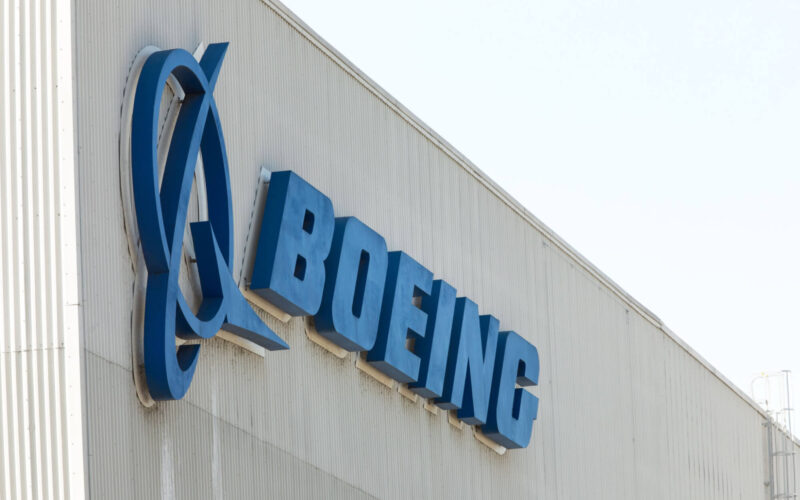We can’t expect a brand-new commercial airplane from Boeing any time soon, judging by fresh comments made by the US manufacturer’s chief executive.
There has been much speculation in recent years over whether Boeing will build a new midmarket jet to compete with the largest variant of the Airbus A320 family, the A321XLR. Such an aircraft would also serve as a replacement for Boeing 757 and 767 jets.
Earlier in 2022, Boeing indicated there were some studies going on for such an aircraft.
However, chief executive Dave Calhoun appeared to pour cold water on the plans during an investor day held on November 2, 2022, ruling out any development until after 2030.
According to various reports of the event, he said a new commercial airliner would be dependent on new technology to improve fuel efficiency and reduce carbon emissions.
Unless efficiency improvements of at least 20% can be made, “there won’t be an airplane”, Calhoun said, according to Forbes.
“I don’t think we’ll even get to the drawing board this decade,” he was further cited as saying.
Boeing’s most modern narrowbody commercial jet, the 737 MAX, is a much upgraded version of an airframe which first flew in the 1960s, rather than an entirely new design.
Creating a new commercial aircraft from scratch requires much investment and time and is fraught with risk. Programs typically encounter delays and can cause financial distress for their manufacturer, as seen recently with Bombardier’s development of the CSeries.
After losses mounted, the Canadian manufacturer sold the program for a symbolic amount of 1 Canadian dollar to Airbus. The narrowbody plane is now known as the A220 and sales have increased under Airbus’s ownership, while Bombardier has returned to its focus on business jets.
Would a new Boeing airliner have pilots?
Much debate is ongoing in the aviation industry about whether passenger planes will be flown by one or even zero pilots in the future.
It’s a particular conundrum for those companies developing urban air mobility aircraft, better known as flying taxis. Getting the new vehicles certified with a pilot on board will likely be easier but that makes the operation much more expensive, given they are mostly designed to carry only a few passengers.
Calhoun also said at the investor day that the manufacturer’s next commercial aircraft may fly autonomously, though likely not from the start.
Boeing is one of the major investors in Wisk, a start-up that is developing a self-flying air taxi. Unlike rivals in the space, Wisk is focusing on autonomous operations, with plans for humans to monitor its vehicles from the ground.

